Eco-friendly alternatives that preserve nostalgia while reducing chemical exposure at home.

Many everyday products contain chemicals that can affect our health and the environment, yet we often overlook safer options. By choosing smart retro swaps—items inspired by past practices—we can maintain functionality and charm while reducing chemical exposure. These thoughtful substitutions replace synthetic materials with natural, non-toxic ones, promoting health-conscious living alongside sustainability. Understanding these alternatives helps us keep memories alive without compromising safety.
1. Choose beeswax food wraps instead of plastic cling film for storage.
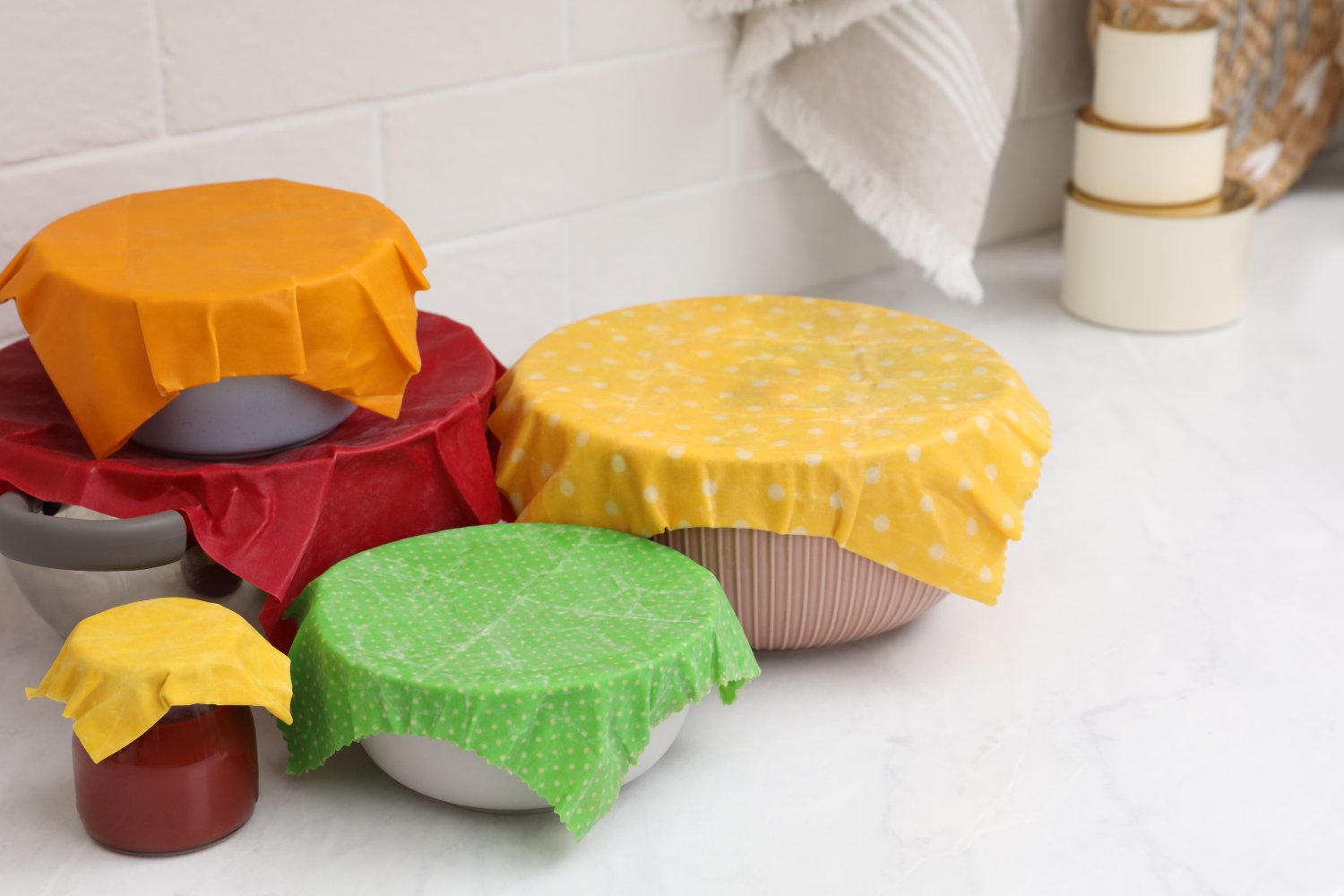
Beeswax food wraps offer a natural option for covering leftovers. Made from cotton and coated with beeswax, they mold to bowls and dishes, providing a breathable seal. The texture of the fabric gently hugs the edges, helping food stay fresh without the need for plastic.
In contrast to disposable plastic film, these wraps are reusable and compostable at the end of their life. A familiar scene in the past, wax-coated cloth brings a quaint, tactile experience while reducing landfill waste and limiting exposure to harmful chemicals.
2. Use glass milk bottles in place of single-use plastic cartons.
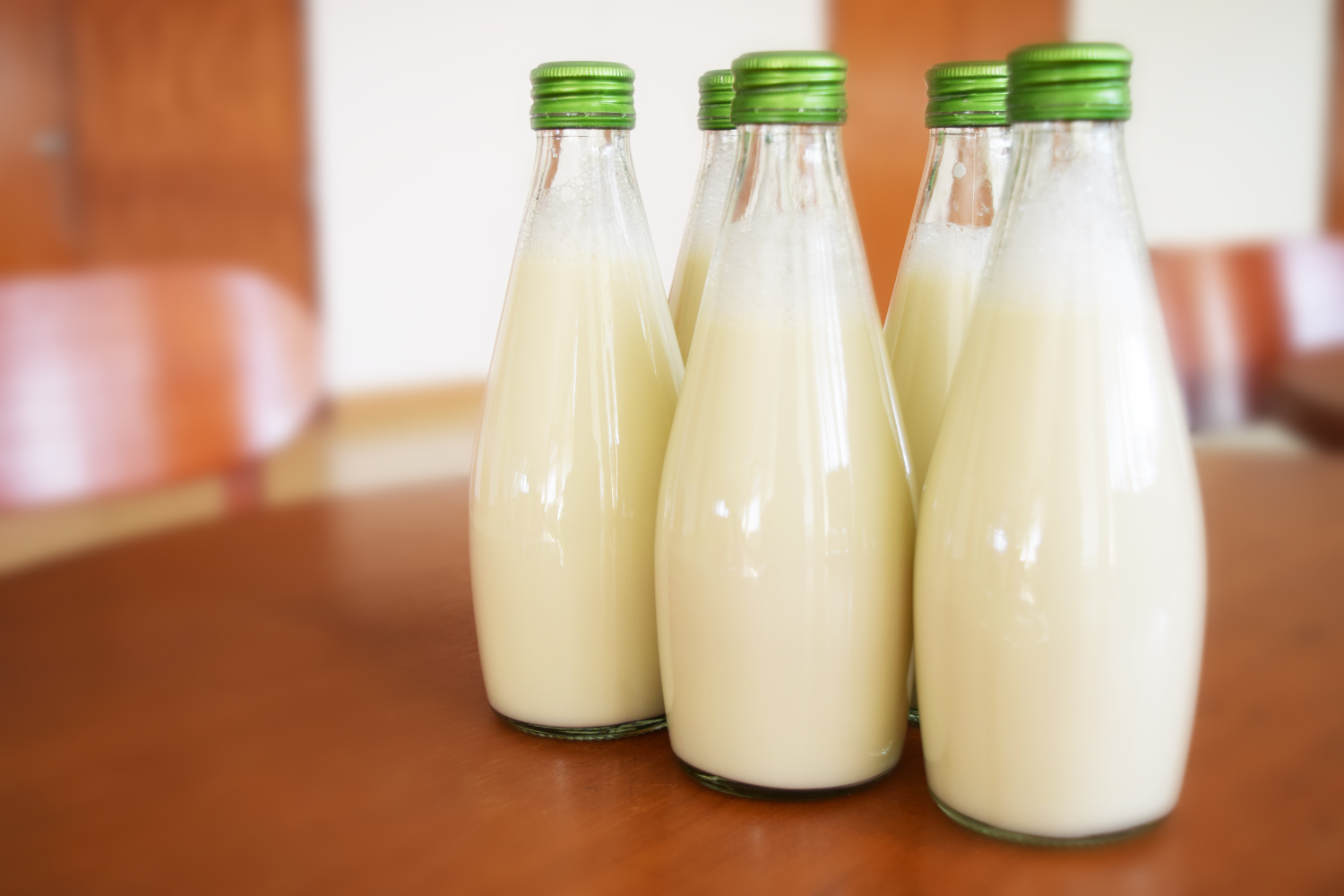
Glass milk bottles, reminiscent of doorstep deliveries, replace single-use plastics with a sustainable option. Sturdy and durable, glass keeps milk cold and prevents flavor alteration. The sound of the cap’s click as it’s sealed offers a moment of nostalgia wrapped in practicality.
Compared to plastic cartons, glass bottles can be reused for years, lessening environmental impact as they avoid contributing to landfill. In daily life, this retrofit honors a slower pace and potential health benefits by reducing exposure to harmful plastic compounds.
3. Opt for ceramic mugs rather than disposable coffee cups daily.

Ceramic mugs bring a sense of warmth and permanence to coffee rituals. Each sip from a solid, cool surface evokes a personal moment, unlike the anonymity of disposable cups. A handcrafted, glazed piece can transform a hurried morning into a cherished pause.
Unlike paper cups with plastic linings, ceramic mugs minimize waste and eliminate exposure to chemical residues. The subtleties of design allow for aesthetic pleasure without the guilt of excess waste, fostering sustainable practices while maintaining functionality.
4. Replace plastic storage containers with vintage metal tins for organization.
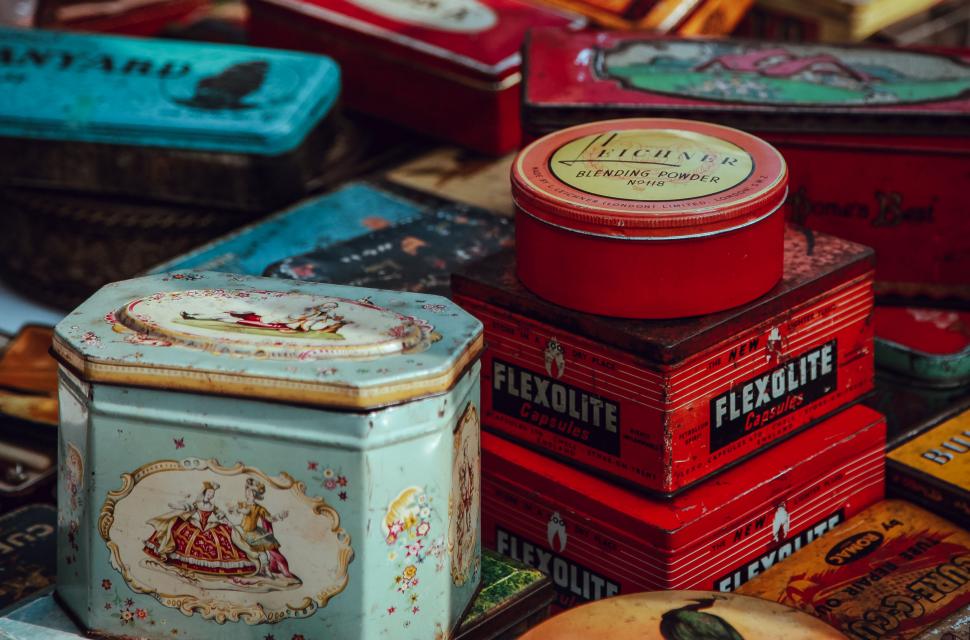
Metal tins, often stored in Grandma’s pantry, serve as practical storage solutions today. The satisfying click of a tin lid secures items while providing an organized appearance. These vintage containers, crafted from sturdy, long-lasting materials, breathe new life into kitchens and crafts.
Crisp peeling of plastic seals and the monochrome gleam of metal elevate their reuse over plastic counterparts, ensuring contents remain untouched by chemical leaching found in synthetic containers. The sustainability of metal not only supports eco-friendly organization but also offers aesthetic charm.
5. Swap synthetic cleaning sprays for homemade vinegar and lemon solutions.
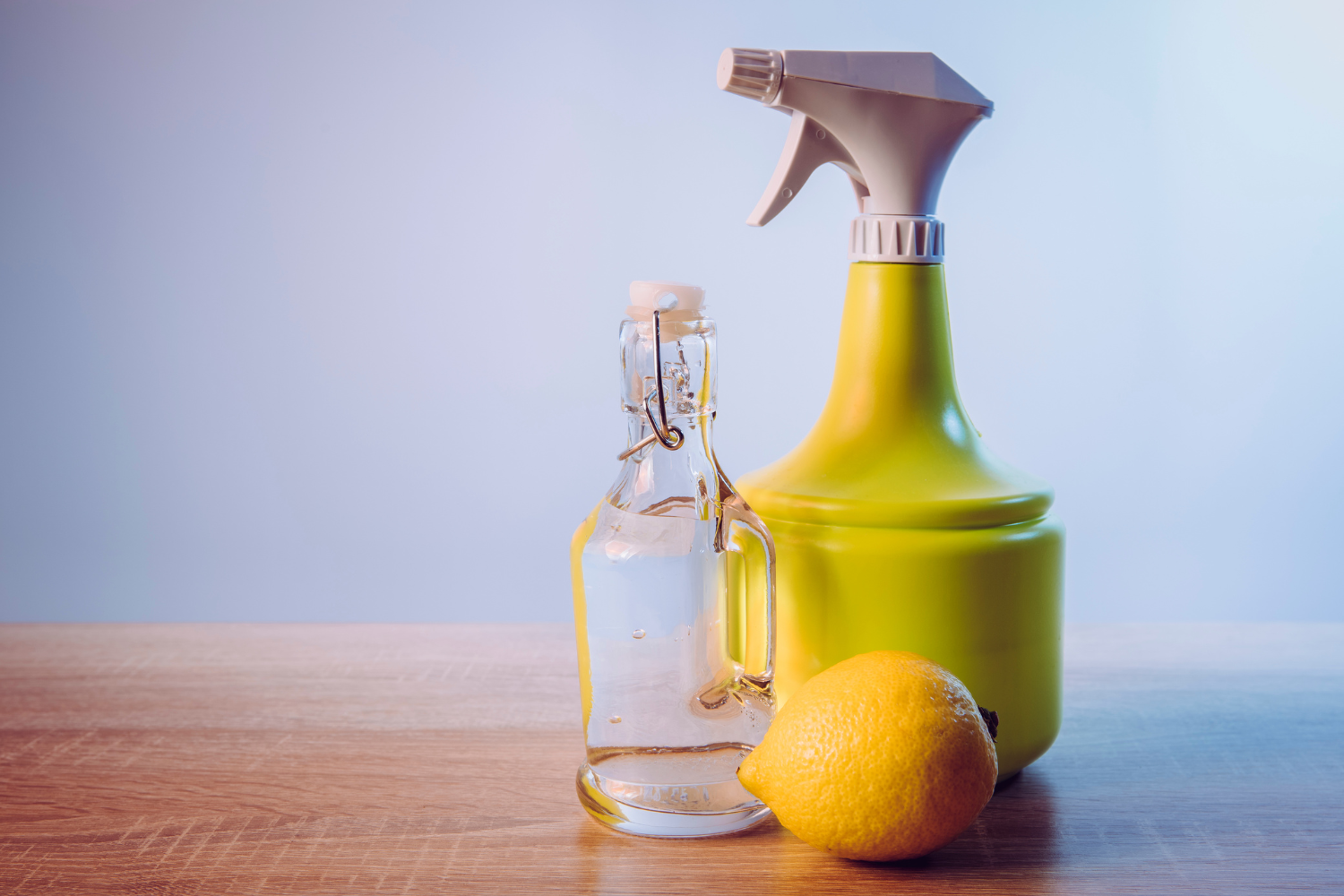
Vinegar and lemon, exemplary cleaning duo since ancient times, replace chemical sprays effectively. Lemon’s citrus scent pairs with vinegar’s cleaning power for fresh, sparkling surfaces. The bubbling, fizzing reaction when combined with baking soda clears grime naturally, satisfying household chores without toxins.
Switching to homemade solutions reduces exposure to synthetic chemicals, offering peace of mind. With natural antibacterial properties, these ingredients minimize environmental harm while evoking a nostalgic nod to simpler times when cleaning was straightforward and chemical-free.
6. Use cloth napkins instead of paper towels at the dining table.
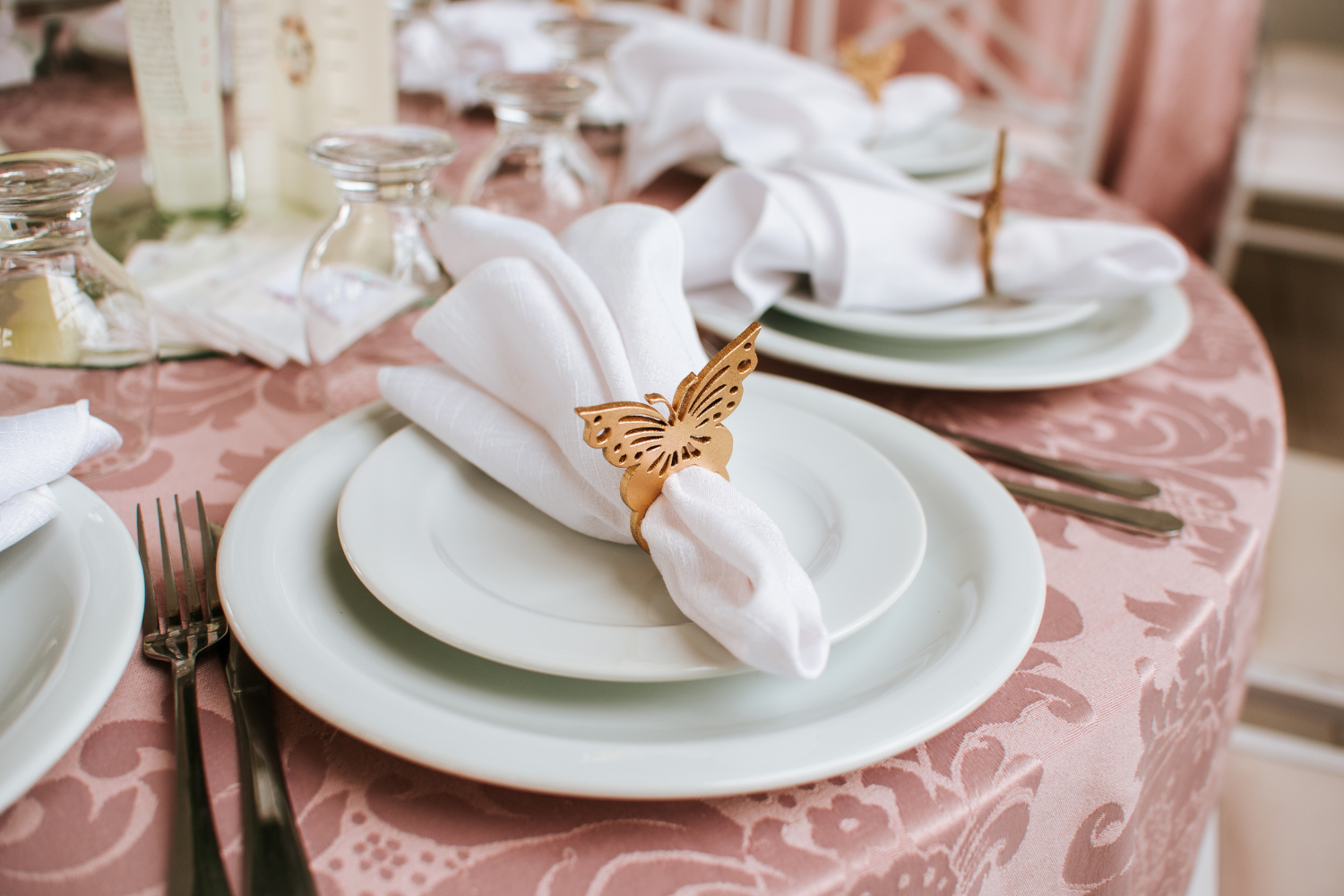
Cloth napkins, with their soft fabric and beautiful patterns, transform mealtime into an elegant affair. They replace the single-use nature of paper towels with a washable, durable option. The rustle of unfolding cloth adds a touch of elegance and sustainability to the dining table.
Instead of disposable options, cloth napkins withstand repeated use, reducing paper waste and preserving resources. Besides their functional benefits, they bring a sense of occasion to meals while reducing environmental impact and potential chemical residues from bleached paper products.
7. Select natural fiber laundry bags over plastic mesh alternatives.
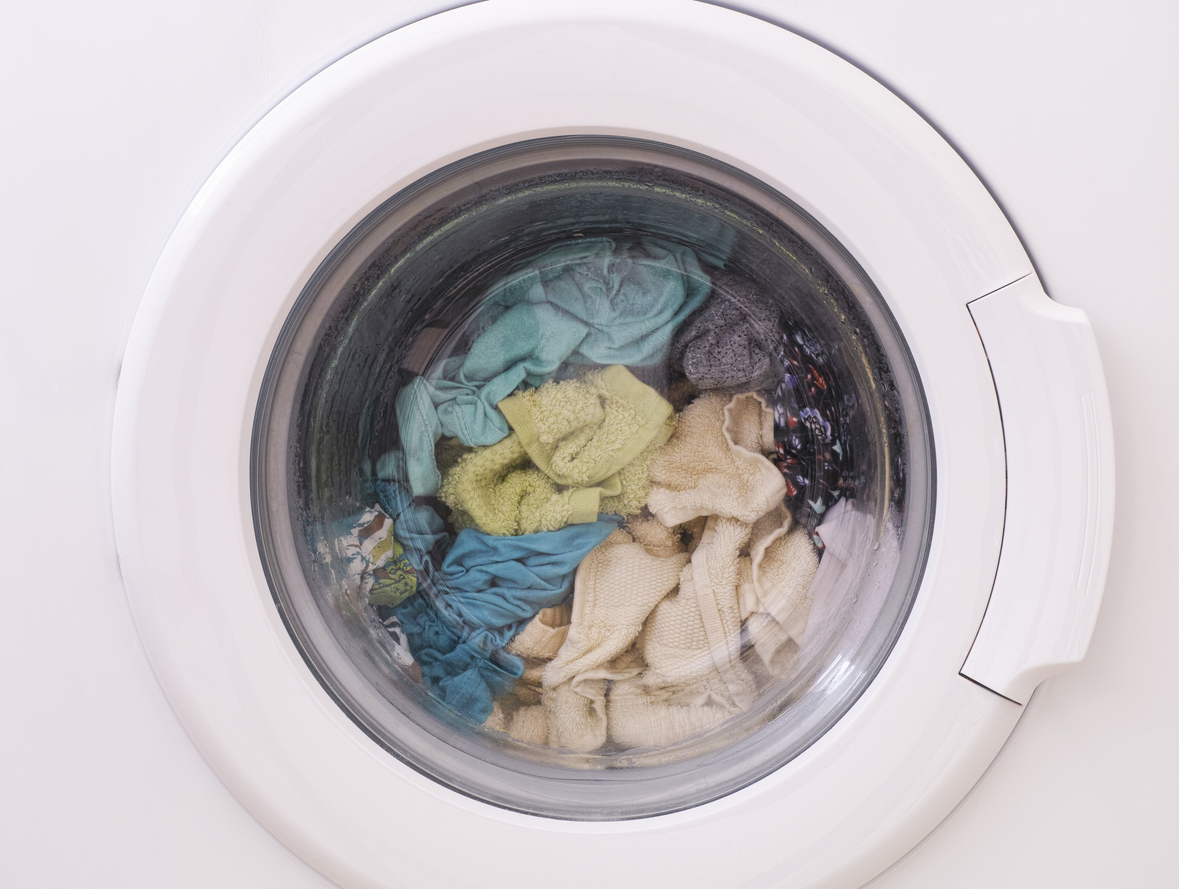
Natural fiber laundry bags surpass plastic mesh in both function and form. Lightweight yet durable, linen or cotton options are gentle on clothes and the environment. They offer a tactile approach to laundry greenscaping, replacing synthetic materials with breathability and charm.
Embracing these materials avoids interaction with harmful plastic residues, while providing a durable, eco-friendly solution. Bamboo, jute, or hemp ensure that clothes breathe and stay fresh, showcasing how eco-conscious choices seamlessly integrate with household routines.
8. Store leftovers in stainless steel lunch boxes instead of plastic bags.
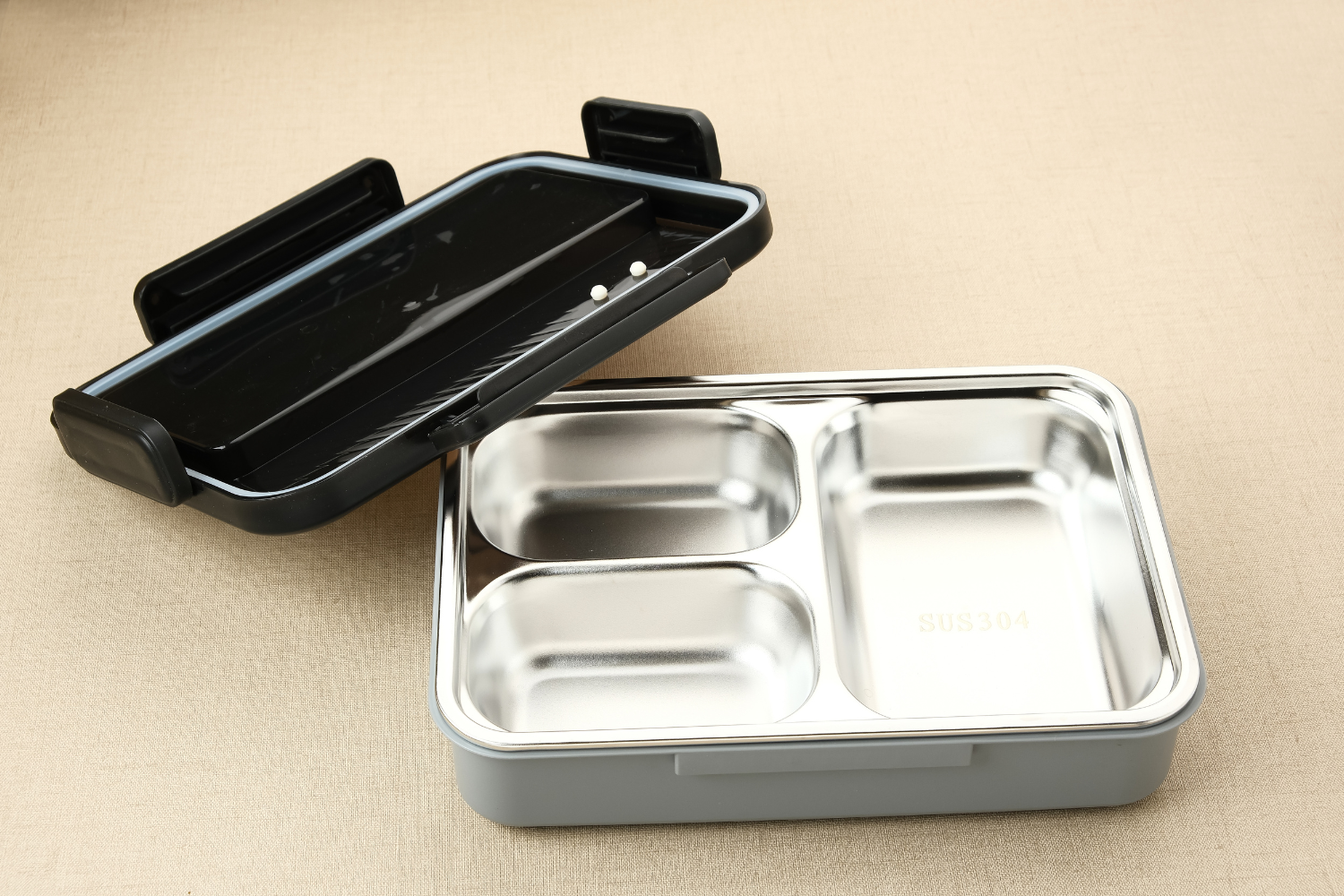
Stainless steel lunch boxes, a timeless classic, offer a sturdy alternative to plastic storage. Their durability and non-reactive surface preserve food quality, making them ideal for leftovers. The satisfying click of secure locks promises both freshness and style for daily meals.
Using steel over plastic reduces exposure to harmful compounds found in disposable containers. These boxes are easy to clean and maintain, promoting reusability and providing a solution free from chemical interaction, combining practicality with an appreciation for tradition.
9. Choose wooden hairbrushes rather than plastic ones for everyday grooming.

Wooden hairbrushes, reminiscent of dressing room vanities, provide a natural grooming experience. Their firm, polished handle fits comfortably in hand, transforming daily hair care into a tactile delight. The sometimes-accompanying boar bristles glide smoothly, reducing static and promoting scalp health.
Opting for wood over plastic decreases the presence of harmful synthetic residues while offering a sustainable, biodegradable choice. Hair and scalp enjoy reduced friction and breakage, demonstrating how a simple swap enhances both health and environmental consciousness in personal care.
10. Carry a reusable water bottle in place of single-use plastic bottles.

A reusable water bottle, sturdy and reliable, becomes an everyday companion. Whether stainless steel or glass, it keeps water cold and crisp. The reassuring weight of this container feels substantial, offering an eco-friendly alternative to the fleeting convenience of single-use plastic bottles.
Beyond reducing waste, these bottles offer an opportunity to lessen exposure to plastic leachates. Their design, often customizable or with sleek textures, blends form with conscious choice, providing hydration support while lessening environmental footprints without sacrificing style or function.
